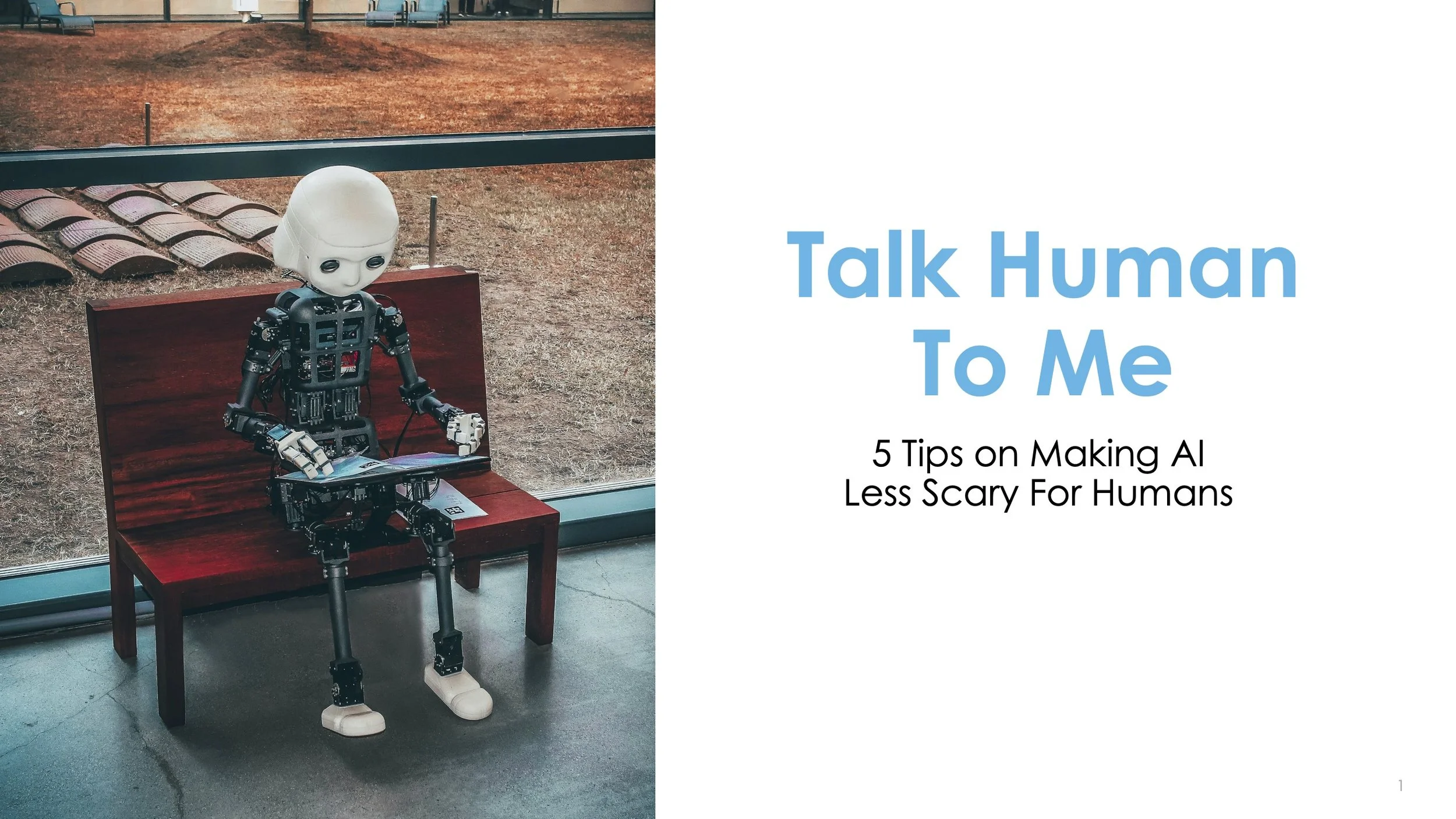AI Gets Human Again as MarketCast Shares Ways to Calm Our Tech Anxiety
As artificial intelligence continues to embed itself into everyday life, anxiety among consumers is growing just as fast as adoption. That’s why MarketCast’s Talk Human to Me: Five Tips on Making AI Less Scary for Humans report is striking a chord across the communications industry. Drawing on its experience helping leading technology brands frame next-generation AI solutions, MarketCast offers communicators a roadmap to restore trust, transparency, and empathy in the AI era.
MarketCast, a marketing research and analytics company, helps brands unlock audiences, optimize advertising, and build lasting fandom using a blend of AI, big data, and human insight. With this expertise, the company has been at the forefront of helping marketers navigate how audiences perceive AI and how to communicate its benefits without losing human connection.
Phillip Barone, who presented the findings, said the goal is simple: “The human should always be the hero.” MarketCast’s research revealed that while 78% of businesses used AI in 2024, half of Americans still express concern about its growing presence in daily life. “Providers are proud of their creations, but stories should center around empowered human achievement,” Barone explained.
The first insight—make humans the hero—highlights campaigns like Microsoft’s Copilot: Watch Me, which portrays AI as a supportive partner helping people reach higher goals, not a replacement for human skill. The second—show humans in control—stems from Microsoft’s Copilot+ Keynote, where transparency around privacy settings helped users feel agency rather than surveillance.
Barone also emphasized empathy, noting that “AI should never take away what it means to be human.” The Amazon Alexa Stories campaign, for example, works because it connects seniors to family through voice technology, though MarketCast cautions against portraying AI as a substitute for real connection.
Transparency about limitations was another key principle. When Meta admitted during its Connect Keynote that its “Live AI” was not yet ready for all-day use, users responded positively. “By being clear on technical boundaries, Meta softened expectations and built credibility,” Barone said.
Finally, MarketCast urged communicators to emphasize ethics. In Google’s 2025 I/O Keynote, privacy was positioned as a design feature, not an afterthought. As Barone noted, “Addressing ethical concerns head-on quells users’ immediate fears and builds lasting confidence.”
For communicators, the implications are clear. Crafting trust in AI means crafting stories that reflect real human benefit, not abstract innovation. As Barone concluded, “People know AI is powerful—but also that it’s not all powerful. When we make that distinction clear, we make technology relatable again.”

